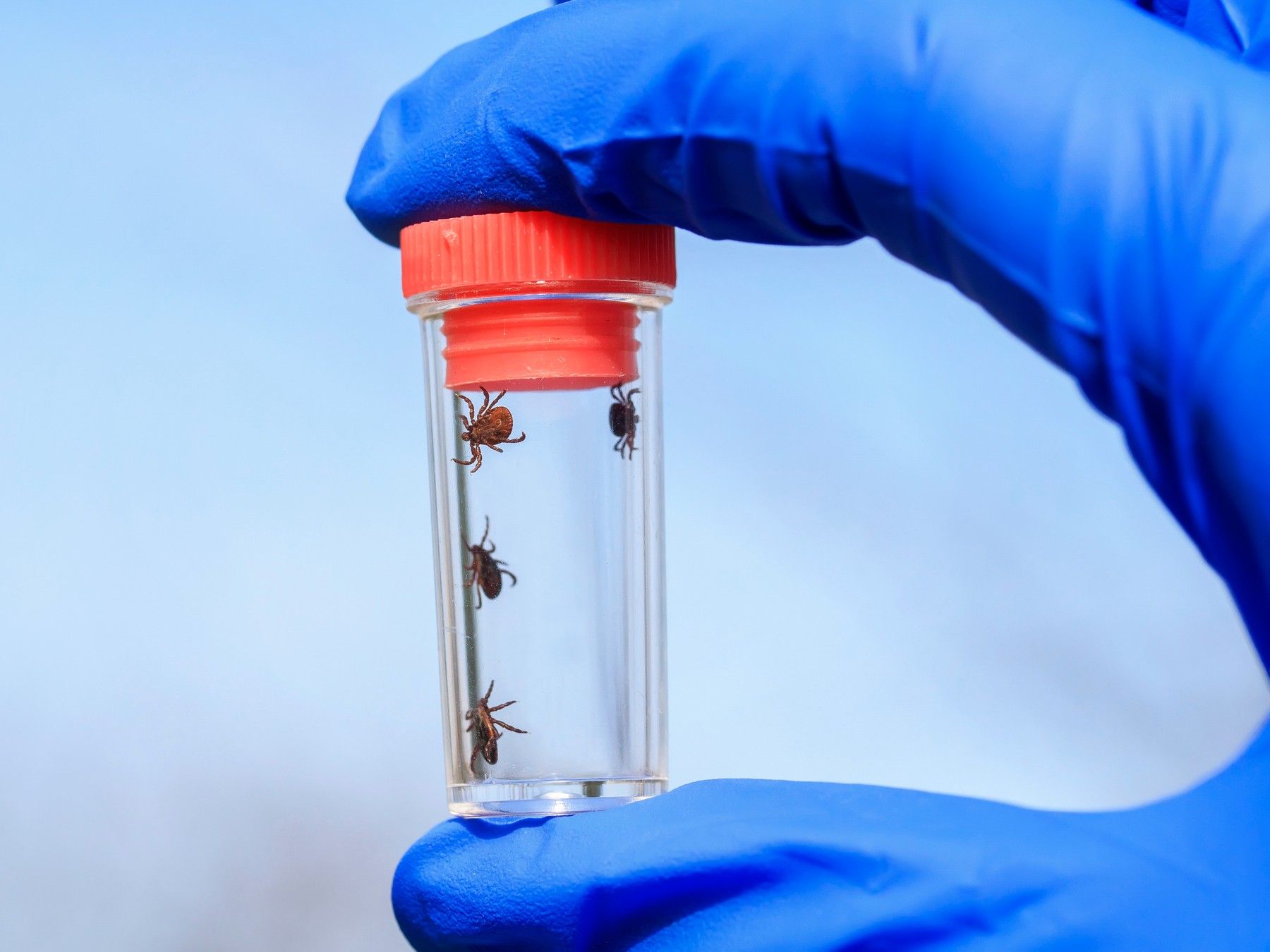climate change is going to have a devastating impact on our health, according to
new health canada findings — and it’s already started. the report, published this week, is sobering, painting an ominous picture of the risks of rising global temperatures on canadians’ health.
extreme weather is already here
we’ve already seen some of the destructive effects of rising temperatures, including the heat waves in b.c.
that killed 595 people this past summer and
the massive flooding that also hit the province. natural hazards like extreme heat and wildfires are already happening in many parts of the country.
and there doesn’t seem to be an end in sight.
“deaths in canada are projected to increase significantly by the end of the century due to the effects of rising temperatures (and extreme heat) if greenhouse gas emissions continue to rise at the same rate seen over the past 30 years,” the report says. it projects longer, more frequent and more severe heatwaves, more climate-related natural hazards like wildfires, flooding and drought.
change in mean seasonal temperatures, from 1948 to 2016 for four seasons (zhang et al., 2019 via health in a changing climate)
these kinds of hazards pose the biggest risk to coastal regions, particularly in the arctic, eastern quebec and atlantic canada. and seniors, according to the report, “are particularly at risk of suffering from the health impacts of climate change related events, such as heatwaves, cold snaps, drought, wildfire smoke, and floods.”
 4 minute read
4 minute read










